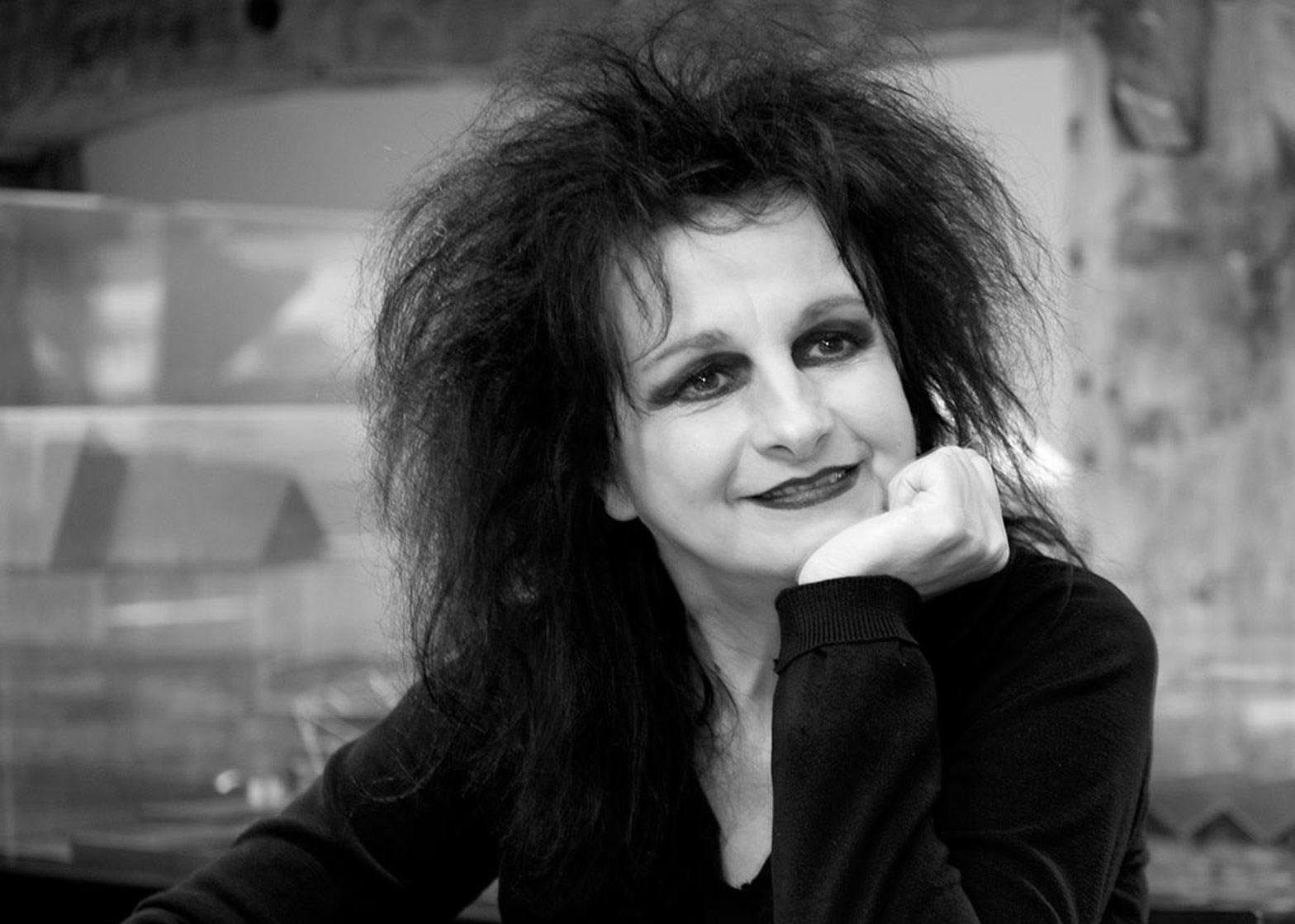French architect and Confluence Institute founder Odile Decq has called for entrepreneurial skills to be taught in architecture schools to help architects navigate the "broken" global economy.
Decq – who founded her own Lyon architecture school two years ago – said that architecture schools need to be doing more to support start-ups.
"We have to train the students to become architectural entrepreneurs," said the architect. "You have to give them skills and possibilities to understand about who they want to become. This is a different kind of education."
Speaking last night at a lecture hosted by the Architectural Review at the Roca London Gallery, Decq said she was struck by how many architecture schools are still lagging behind, when so many universities have launched business incubators.
With many architecture students now failing to secure top jobs in firms or become fully qualified architects, she believes that outdated teaching methods need to be replaced to help students think more broadly about how they can get a foothold in the industry.
"When I was young, as an architect and a student, I was living in a world where progress, modernity, the future was in front of us and we were pushing, pushing that system to go further," said added. "I don't know if in the future we will still have architects as we are."
"Today everything has been broken, the system of the economy, the system of the technique, the system of the way of thinking. Architecture is much more than building, it is dealing with complex problems."
Decq was dean of Paris' École Spéciale d'Architecture (ESA) from 2007 until 2012, and taught at the school for 20 years. She set up the Confluence Institute for Innovation and Creative Strategies in Architecture in Lyon after becoming frustrated with the lack of freedom to reform the way architecture is taught.
Her school is intended to offer an alternative to the present education model in France, which she believes is much needed.
Decq opened her Paris practice in 1978, but attracted international attention during the 1990s with projects including the Banque Populaire de l'Ouest in Rennes. She has also taught at the Bartlett School of Architecture in London.
She said the profession has changed profoundly since her time as a student, and that schools need to adapt to changing "architecture thinking" as well as the global economic crisis, which has impacted the construction industry worldwide.
The Confluence's five-year programme is designed to encourage students to collaborate more broadly with engineers, artists, scientists and manufacturers.
The school is overseen by an advisory board of radical, international architects, which also includes Sou Fujimoto, Peter Cook, Peter Eisenman, Kazuyo Sejima and Anupama Kundoo.
Decq was awarded the Jane Drew prize earlier this year for raising the profile of women in architecture. The award forms part of the the Architectural Review's annual programme to recognise the contribution of female architects.
Photography is by Roland Halbe, unless otherwise stated.

